
III(2)_Unit_6_Crime&Punishment_ST
.pdf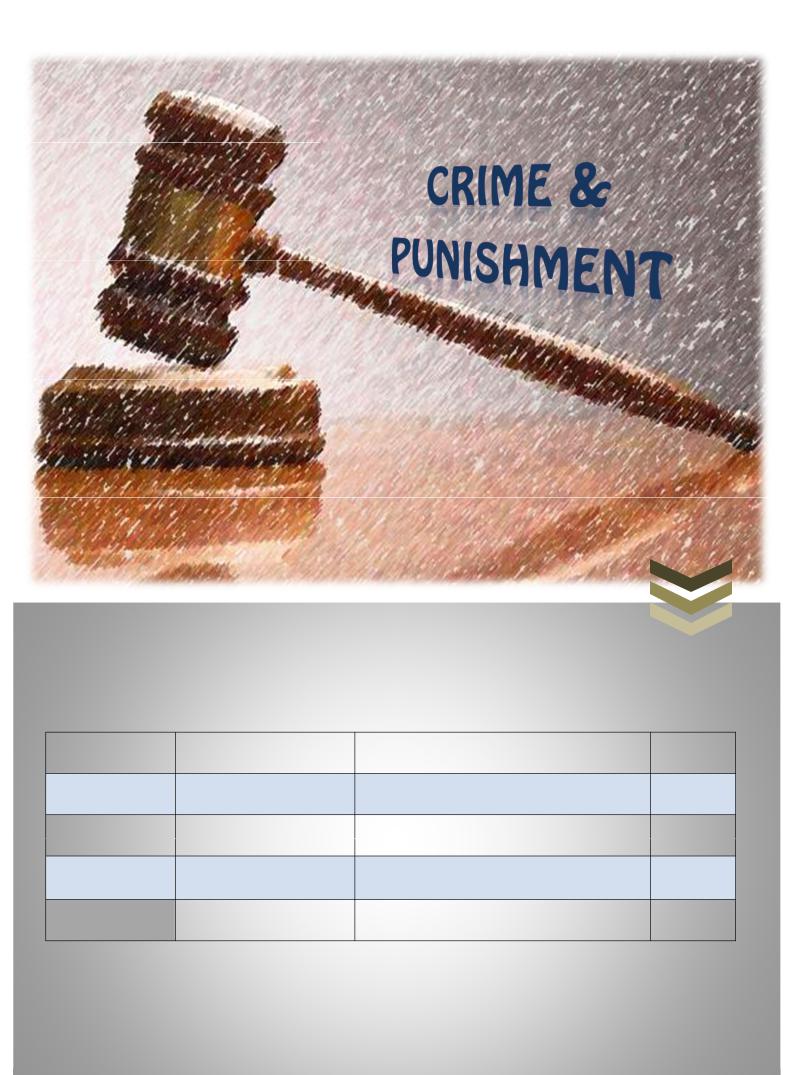
Unit 6
Lesson 1 |
Lead-in |
Crime |
p.1 |
Lesson 2 |
Capital Punishment |
||
|
Theme One |
|
p.8 |
Lesson 3 |
Theme Two |
Juvenile Crime |
p.12 |
|
Vocabulary |
|
p.16 |
|
Vocabulary Practice |
|
p.20 |

Lead-In: Crime

 Herearesomesayings andproverbs about crimeandjustice. What do thesayings imply? How far do youagree/ disagree withthem?
Herearesomesayings andproverbs about crimeandjustice. What do thesayings imply? How far do youagree/ disagree withthem?
1. Justice is open to everyone in the same way as the Ritz Hotel.
~JudgeSturgess
2.A jury consists of twelve persons chosen to decide who has the better lawyer. ~Robert Frost
3.We don't give our criminals much punishment, but we sure give 'em plenty of publicity. ~Will Roger
4.Poverty is the mother of crime. ~Marcus Aurelius
5.The more corrupt the republic, the more numerous the laws.
~Tacitus
6. Rather let the crime of the guilty go unpunished than condemn the innocent. ~Justinian I, Law Code, A.D.
535
7.Judges are but men, and are swayed like other men by vehement prejudices. This is corruption in reality, give it whatever other name you please. ~David Dudley Field
1 |
• Interpret the quote |
• Dis/agree withthe quote |
2 • Support your opinion with arguments
3 • Make a conclusuion

 Discuss withyour partner, which
Discuss withyour partner, which
of thefollowing wrongdoings aremore serious than theothers. Consider the implications andtheconsequences of each.
A driver has too much to drink and still drives his car. He runs into six people waiting at abus stop.
A child kicks a ball through a neighbour's window, breaking it.
A student misses 90% of all classes, fails to producewritten assignments.
A financial advisor gives such poor advice that someof his clients losealltheir savings.
A person who knows he/she has a dangerous infectious disease deliberately risks infecting other people.
A teacher preparing students for a public examination follows the wrong syllabus and the students fail.
A farmer pollutes a river flowing through his land and allthefish in the river die.
1
Unit 5: Teacher‘s Book
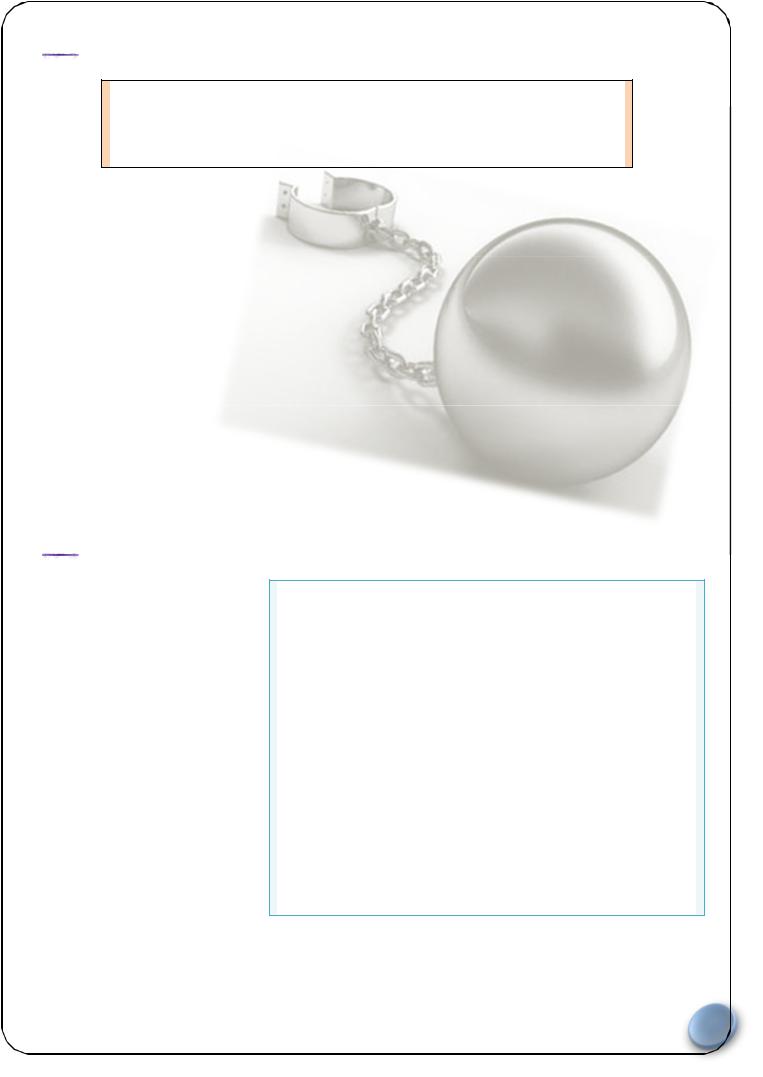


 Match each person in the box withthe description given.
Match each person in the box withthe description given.
blackmailer forger hooligan murderer shoplifter vandal burglar hijacker kidnapper pickpocket smuggler witness
This person ….
a.takes control of a plane or boat by force……………………………
b.sees what happens during a crime or accident……………………………
c.brings goods into the country illegally……………………………
d.might steal food from a supermarket……………………………
e.kills someone on purpose……………………………
f.takes people anddemands money for their return……………………………
g.makes illegal copies of paintings, documents etc……………………………
h.damages other people's property……………………………
i.might steal your wallet in a crowd……………………………
j.steals from houses……………………………
k.gets money from others by threatening to tell secrets……………………………
l.causes trouble at football matches……………………………


 Match crimes andminor offences with their definitions
Match crimes andminor offences with their definitions
1.Murder
2.Manslaughter
3.Vandalism
4.Fraud
5.Littering
6.Slander
7.Kidnapping
8.Libel
9.Robbery
10.Shoplifting
11.Juvenile delinquency
12.Assault
13.Domesticviolence
14.Illegal gambling
a.publicly lying about smb.
b.gaining money through dishonest means.
c.destruction ofpublic property
d.is a Federalcrime if done as a business
e.violent physicalor verbal attack
f.violence or physical abuse directed toward your spouse or domestic partner
g.antisocialor criminalbehavior by children or adolescents
h.stealing merchandise from a store that is open for business.
i.holding smb. againsttheir willin order togain smth.
j.the act of entering a building or other premises with the intent to commit theft
k.leaving rubbish in a public place
l.unintentionally causing smb’s death
m.planning and causing the death of smb.
n.publishing lies about smb
2
Unit 5: Teacher‘s Book



 Complete each sentence with one of the words or phrases given.
Complete each sentence with one of the words or phrases given.
1. |
cheek |
7. |
sentence (x2) |
13. charged |
2. |
guilty |
8. |
accused |
14. fine |
3. |
deters |
9. |
amends |
15. jury |
4. |
evidence |
10. tooth for atooth |
16.retaliated |
|
5. |
suspect |
11. lawyer |
|
|
6. |
mitigating |
12. statement |
|
|
1.'I don't believe in turningthe other…………………………. ‘said Uncle Tobias. 'I believe in an eye for an eye, a(n) …………………………..
2.Those who argue for the re-introductionof thedeath penalty believe it ………………………….
potential murderers.
3.To make …………………………. for the damage he had caused when he drove his father's car into a tree, Jonathan agreed to pay for the repairs and to clean the car every week for a year.
4.When the Security Forces killed a demonstratortaking part in a protest march, the guerrillas
…………………………. with a seriesof attacks on army barracks.
5.The judge considered that although the crime ofwhich the defendant was accused was horrific there was sufficient evidence of …………………………. circumstances to justify a light sentence.
6.There was silence as the judge pronounced …………… .
7.The customs officers arrested Bob and …………………………. him with smuggling.
8. The police spent all morning searching the house for …………………………. .
9.Jean left her car in a no-parking area and had to pay a/an …………………………. .
10.Unfortunately at the end of the trial my brotherwas found …………………………. .
11.The trial took a long time as the …………………………. couldn't reach a verdict.
12.George won his case because he had a very good defence …………………………. .
13.The police visited Dawn and asked her to make a/an …………………………. .
14.Because of hispast criminal record, Brian was the main …………………………..
15.Pauline decided to sue the police because she had been wrongly…………………………. .
16.The murderer of the children received a life …………………………..
 Unit 5: Teacher‘s Book
Unit 5: Teacher‘s Book

|
Complete the text using the words and phrases given. |
|
|
|
|
|
|
|
|
|
||||||||||||
1. |
reach averdict |
|
8. |
witnesses |
|
|
|
|
15.prison |
|
|
|
|
|
||||||||
2. |
charged |
|
|
|
|
9. |
plead |
|
|
|
|
|
16.convicted |
|
|
|
||||||
3. |
under oath |
|
|
|
10.offence |
|
|
|
|
|
17.conviction |
|
|
|
||||||||
4. |
pass sentence |
|
|
11.acquitted |
|
|
|
|
18.committing |
|
|
|
||||||||||
5. |
dock |
|
|
|
|
12.discretion |
|
|
|
|
19.represented |
|
|
|||||||||
6. |
summed up |
|
|
13.Crown |
|
|
|
|
|
20.stand |
|
|
|
|
|
|||||||
7. |
judge |
|
|
|
|
14.determine |
|
|
|
|
21. defendant |
|
|
|
||||||||
|
|
|
|
|
|
|
Criminal Trials in Britain |
|
|
|
|
|
|
|
|
|
||||||
Under |
the |
British |
judicial system, |
if a person is |
evidence |
is given |
|
|
|
(12). |
When |
all |
the |
|||||||||
.............................. |
|
|
|
|
||||||||||||||||||
|
|
(1) |
with a serious offence, he/she has |
evidence |
has |
been |
heard, |
and |
the |
judge |
has |
|||||||||||
.............................. |
|
|
||||||||||||||||||||
to |
|
|
(2) |
trial. This means he/she has to |
|
|
(13), |
|
the |
|
jury |
|
retires |
to |
||||||||
|
|
|
.............................. |
|
(14). |
|
|
|
||||||||||||||
appear |
in |
court before a(n) |
|
|
(3) |
and |
|
|
At least ten of the jury must be of |
|||||||||||||
.............................. |
|
|
.............................. |
|
|
|
||||||||||||||||
jury. The role of the jury is to |
|
|
(4) |
the same opinion. |
|
|
|
|
|
|
|
|
|
|||||||||
|
|
|
|
|
|
|
|
|
|
|
|
|||||||||||
whether the accused is guilty or not guilty. During the |
If the jury finds the accused not guilty, he/she is |
|||||||||||||||||||||
trial, the accused, also known as the |
|
|
(5), |
|
|
(15). |
If, on the other hand, the accused |
|||||||||||||||
|
|
|
.............................. |
|
||||||||||||||||||
has the right to be |
|
|
(6) |
by a lawyer, the |
is |
found |
guilty, it |
is |
up |
to |
the |
judge |
to |
|||||||||
|
|
|
||||||||||||||||||||
Counsel for the Defence, who must present the best |
the.............................. |
|
(16). |
Depending on the seriousness of |
||||||||||||||||||
possible case for the accused. Another lawyer, |
the |
|
|
(17) |
this may be a fine, a suspended |
|||||||||||||||||
Counsel for the |
Prosecution, acting |
for |
the |
sentence |
or a(n) |
|
|
|
(18) |
term. |
British |
|||||||||||
.............................. |
|
|
|
|
||||||||||||||||||
|
|
(7) |
(as the State is known during legal |
courts do not sentence people to death. All judges |
||||||||||||||||||
.............................. |
|
|
||||||||||||||||||||
proceedings in Britain) is there to try to secure a(n) |
exercise |
|
|
|
(19) |
in |
the |
severity |
of |
the |
||||||||||||
|
|
|
|
|||||||||||||||||||
|
|
(8). |
|
|
|
|
|
|
sentences they pass, but it is not unknown for a judge |
|||||||||||||
.............................. |
|
|
|
|
|
|
|
|
|
|||||||||||||
|
At the start of the trial, the accused stands in |
to |
make |
an |
example of |
the |
|
|
|
|
(20) |
|||||||||||
|
|
|
|
|
|
|||||||||||||||||
the |
|
|
(9) |
and is asked 'How do you |
prisoner |
in |
order |
to |
deter |
|
others |
from |
||||||||||
|
(10)?' |
|
|
|||||||||||||||||||
..............................proceeds |
|
|
If the plea is 'Not guilty', the trial |
|
|
|
|
similar offences |
|
|
|
|
|
|||||||||
............................... |
|
|
(11) |
are |
called |
to |
give |
.............................. |
|
|
|
|
|
|
|
|
||||||
evidence and are cross-examined by the lawyers. All


 Find the following word combinations in the text:
Find the following word combinations in the text:
решение присяжных ……………………………………..……………………………………..
предъявлятьобвинение……………………………….……………………………………..
заключительная речь судьи ………………………………………………………………..
приводить к присяге…………………………………….……………………………………..
скамья подсудимых ……………………………………………………………………………..
правонарушение…………………………………………...……………………………………..
выносить оправдательный приговор…………………………………………………..
признать виновным……………………………………….……………………………………..
обвиняемый …………………………………………………..……………………………………..
4
Unit 5: Teacher‘s Book
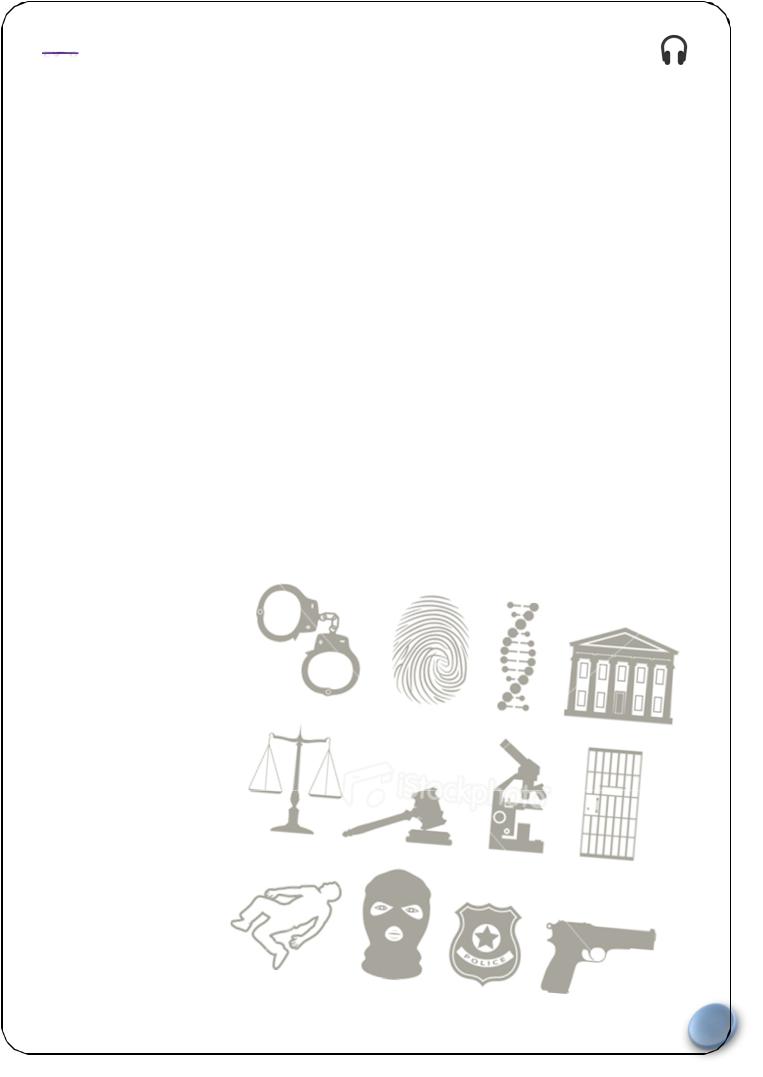


 You will hear five short extracts from news reports about different crimes.
You will hear five short extracts from news reports about different crimes.
For questions 1-10, choose the correct option A, B, or C.
1)The two boys were found guilty of
a.criminal damage.
b.arson.
c.theft.
2)The two boys weresentenced to
a.short-term imprisonment.
b.a substantial fine.
c.community work.
3)The Pakistanis were sentenced for
a.taking drugs.
b.dealing in drugs.
c.selling drugs to foreigners.
4)The Saudi Arabian authorities
a.warn foreigners against visiting the country.
b.sentence all drug related crimes very severely.
c.regard drug-trafficking as an extremely serious crime.
5)This news item reports on
a.how a woman killed a man.
b.how a man punched a woman to death.
c.a drunken man's violent behaviour.
6)The woman
a.had been drinking with the man.
b.disliked the man's friends.
c.thought the man was rude to her.
7)The woman chargedat the school was
a.a secretary.
b.a mother.
c.a teacher.
8)The woman became violent
a.after she was rejected by the headmistress.
b.when she was sent a form to update.
c.because she wasn't seen immediately.
9)Michael Bassani
a.drove into a phone box.
b.stole a car while drunk.
c.attacked a criminal.
10)The court
a.prevented him from driving.
b.accused him of hurting people.
c.gave him a severe warning.
Which of thecrimes mentionedin the listening activity do you consider to be the most serious? Put them in order. (1 = most serious)
1.………………………
2.……………………….
3.……………………….
4.……………………….
5.……………………….
6.……………………….
7.……………………….
5
Unit 5: Teacher‘s Book
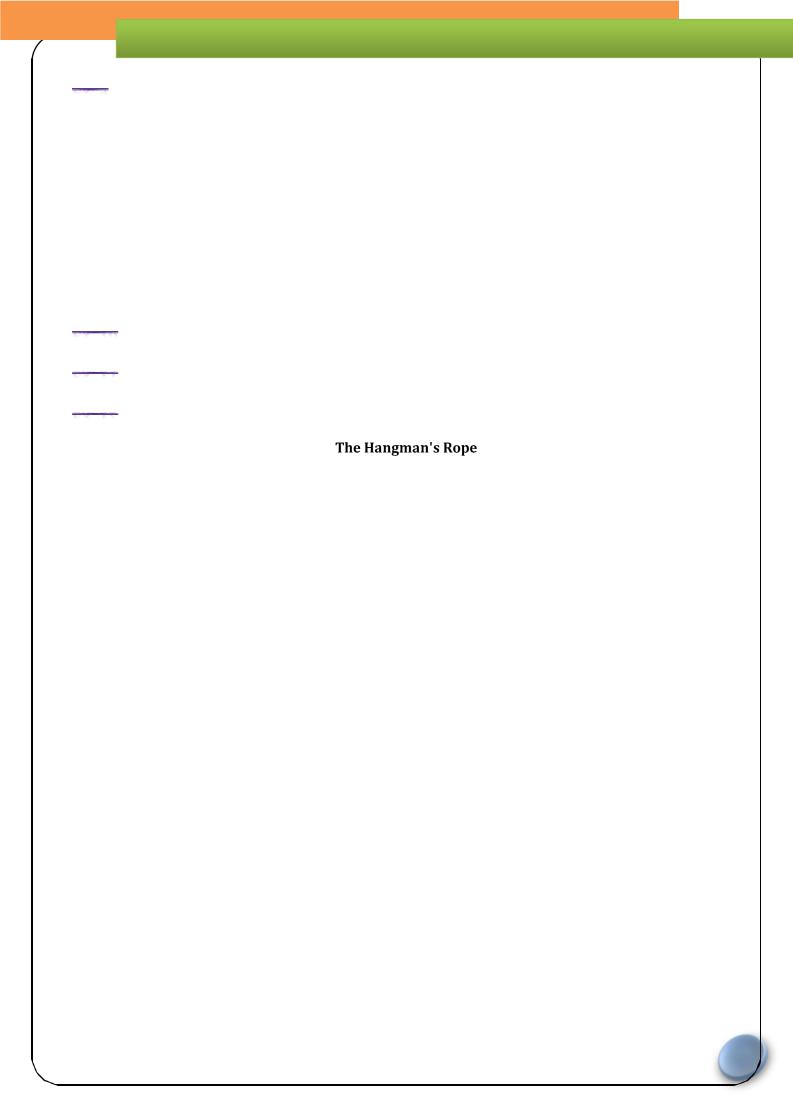
Hometask 1

 Translate the following sentences.
Translate the following sentences.
1.Террорист был приговорен к пожизненному сроку заключения.
2.Джон выиграл этодело, так как егозащищал опытный адвокат.
3.Последлительногосудебного разбирательства вина подсудимого была доказана, и он был признан виновным в ограблении банка.
4.Гарри незнал,чторыбалкана этом озере была противозаконна.
5.Сожалею,новы арестованы.
6.Джек был в отчаянии, т.к. его обвинили в убийстве.На самом деле он был законопослушным гражданином, который никогда не преступал закон.
7.В последнее времясовершается всебольше преступлений с использованием компьютера.
8.По новому закону водителю будут платитьбольшой штраф за опасную езду.


 Learn the vocabulary fromexercises3-7and on pp. 16-19 (provide translation).
Learn the vocabulary fromexercises3-7and on pp. 16-19 (provide translation).


 Get ready to retell the text from Ex. 6.
Get ready to retell the text from Ex. 6.


 Read the text below.
Read the text below.
Capital punishment has been used throughout history, although its methods and the crimes for which it is used havechanged over the centuries.
When Parliament in any country debates capital punishment, each side will accuse the other of dishonesty, and each side will be right. It is human nature - sophisticated, educated human nature - to deny the emotionaloriginof ourbeliefs, topresent them inempirical terms rather than admit that we rationalize what we first instinctively believe.
Nowadays not only are the methods different but more importantly not everyone agrees that capital punishment should be used. It is more honest to admit that we are either hangers or abolitionists by nature. People are divided into two distinct groups; those for and those against. This is because this issue is black and white; there is no grey area. In the USA, 85% of the population over the age of 21 approve of the death penalty. In the many states which still have the death penalty, some use the electric chair, which can take up to 20 minutes to kill, while others usegas orlethalinjections.
By contrast, in Britain, public opinion started to turn against the use of capital punishment after the Second World War. A number of well-publicised cases in the fifties, twoinparticular, helped tobring about this swing. Thefirst of these was the case of Ruth Ellis, who was hanged for shooting her lover in what was generally regarded as a crime of passion. The second was the posthumous pardon of Timothy Evans, hanged for murders which, it was later proved, hadbeencommittedby someoneelse.
However, despite this change of opinion, the death penalty was not actually abolished in Britain until 1965. And even now there are many people both inside and outside Parliament who would like it to be reintroduced.
bySimonHaines
There have been 14 attempts to bring back hanging since its abolition.
The pro-hanging lobby uses four main arguments to support its call for the reintroduction of capital punishment. First there is the deterrence theory, which argues that potential murderers would think twice before committing the act if they knew that they might die if they were caught. The armed bank robber might, likewise, go back tobeing unarmed.
The next argument in favour of bringing back capital punishment concerns public security. If the death penalty were reinstated, it would mean that a convicted murderer could not be set free after serving 20 years or less of a life sentence and be able to go on to murder again. Consequently, thegeneralpublic wouldbesafer.
The other two arguments are more challenging. The idea of retribution demands that criminals should get what they deserve: if a murdererintentionally sets out tocommit a crime, he should accept the consequences. Retribution, which is just another word for revenge, is supported by the religious doctrine of an eye for an eye and a tooth for a tooth. The fourth and last main pro-hanging argument is the most cold-blooded. It is that it makes economic sense to hang convicted murderers rather than keep them in prison wasting taxpayers' money.
The hangers are shifty about their motives. Retribution is out of fashion, and so they stress the level of murder since abolition. In fact, retribution is more respectable than either side may realise, perhaps more respectable than deterrence as a justification for punishment, certainly more so than rehabilitation (not that that comes much into the hanging debate).
The arguments against the death penalty are largely
humanitarian. Abolitionists have argued that |
|
capital punishment produces a negligible |
6 |
Unit 5: Teacher‘s Book

deterrent effect. There are also statistical reasons for proving it: the deterrence figures do not add up. In Britain, 1903 was the record year for executions and yet in 1904 the number of homicides actually rose. There was a similar occurrence in 1946 and 1947. If the deterrence theory werecorrect, therateshouldhavefallen.
The second main argument against reintroducing capital punishment is that innocent people are sometimes wrongly convicted, and while people can be released from prison, they cannot be brought back from the dead if they havebeenhanged.
Critics of capital punishment argue that the expense involving executions is substantially greater than the cost of life imprisonment. The costs of appeals and legal
counseling are the principal expenses. Thus, the extra financial burden of capital punishment contributes to a greaterbalanceof unhappiness versus happiness.
The other reasons to oppose the death penalty are largely a matter of individual conscience and belief. One is that murder is murder and that the state has no more right to take a life than the individual. The other is that Christianity preaches forgiveness, not revenge.
It can be argued that the purpose of punishment is not to reform someone - which grossly interferes with his personal autonomy - but rather to punish, to uphold and objectify the law, to reward those who obey the law while chastising thosewhobreak it.


 Findin the text English equivalents to the following words / word combinations.
Findin the text English equivalents to the following words / word combinations.
Russian |
|
English |
|
|
|
|
|
|
одобрять что-л
уголовное дело
преступление на почве ревности
посмертное помилование
отменять сто-л
вновь ввести что-л (напр. смерную казнь)
устрашение
осужденный за совершениеубийства
отбывать тюремный срок
возмездие
совершить преступление
месть
реабилитация
казнь
человекоубийство
несправедливо осужденный
выпускать (из тюрьмы)
пожизненное тюремное заключение
наказывать

 Getready to answer theteacher’s questions to the text.
Getready to answer theteacher’s questions to the text.

 Summarize the text
Summarize the text
7
Unit 5: Teacher‘s Book
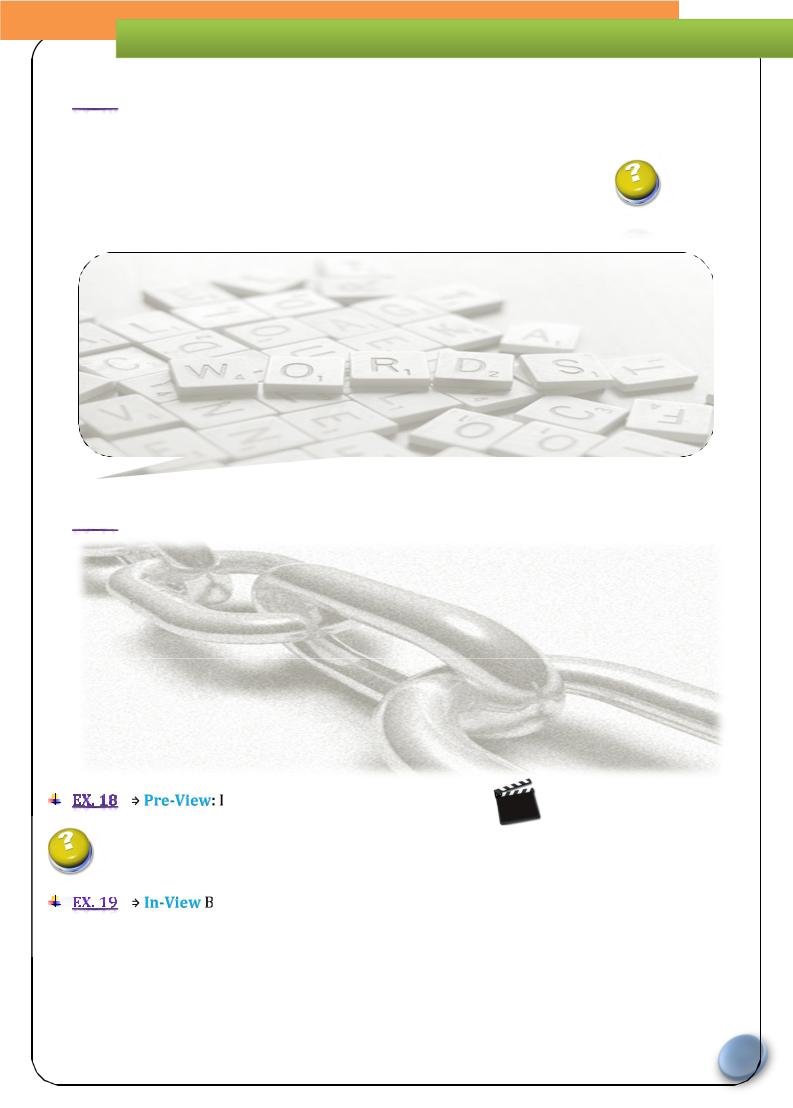
Theme One: Capital punishment


 Answer the questions?
Answer the questions?
1)What is capital punishment?
2)Can you name any crimes for which death penalty should be used?
3)Can you name any country which has it? What about your home country?
4)What moral aspect may deter the country fromusing capital punishment?
5)Do you think the role of the country should be to punish or to reform criminals?
Useful language
to commit a serious / minor crime/offence innocent, guilty
a criminal,
to charge sb with murder, robbery, smuggling to accuse sb of a crime
to punish sb for sth to reform riminals



 Answer the teacher’s questions.
Answer the teacher’s questions.
|
Discuss the following with apartener. |
1.What do you think are the biggest problems of the criminal justice system in the country?
2.What’s your opinion of capital punishment?

 Before you watch the video,read the statements. Watch the video once or twice.As you watch the video,listen for the words that completethese sentences. Writethe words from the boxontheblanks.
Before you watch the video,read the statements. Watch the video once or twice.As you watch the video,listen for the words that completethese sentences. Writethe words from the boxontheblanks.
cleared |
imperfect |
videotaped revolution |
letters |
free |
death row evidence |
|
|
|
8
Unit 5: Teacher‘s Book

1.DNA evidence has set these men ………………………….. .
2.DNA testing has caused a ………………………….. in the criminal justice system.
3.Peter Neufeld has 200 pending cases and 4,000 ………………………….. asking for help.
4.DNA evidence ………………………….. 13 prisoners on death row in Illinois.
5.The Illinois governor commuted the death sentences of all 166 ………………………….. prisoners.
6.The U.S. justice system is ………………………….. .
7.Illinois now has a law saying that confessions have to be ………………………….. .
8.Now suspects are being excluded from further suspicion based on ………………………….. .


 Make a summary ofthevideo episode.
Make a summary ofthevideo episode.
The episode dealswith… |
Accordingto … |
Thereporter concludes… |
|
|
Thereporter states that … |


 Put thefollowing statements andquestions into English, using Vocabularyof theUnit;
Put thefollowing statements andquestions into English, using Vocabularyof theUnit;
comment on thestatements andanswer thequestions.
1.Нам необходимы меры сурового наказания, чтобы предотвратить распространение наркотиков.
2.Считаете ли вы, чтоугрозанаказанияимеет устрашающее воздействие?
3.Ядерноесдерживание представляетсянеобходимой гарантией против агрессии.
4.Всегдали обвиняемый получает справедливый приговор?
5.Люди, которых приговорили к тюремному заключению, выйдут из тюрьмы морально изменившимися в положительную сторону и больше неспособнысовершить преступление.
6.Если вы забыли однерождения друга,как вы можетезагладить свою вину?
7. Каких известных политиков, государственных деятелей вы знаете, на которых было совершено покушение и они были убиты?
8.В уголовном деле не могут приниматься во внимание никакиесмягчающие обстоятельства.
9.Вождение в нетрезвом состоянии является серьезнымправонарушением.
10.Какоемаксимальноенаказание заубийство в европейских странах?
11.Может ли месть,возмездие принести удовлетворение?
12.Каков наилучший способ уладить спор?
Unit 5: Teacher‘s Book
9
